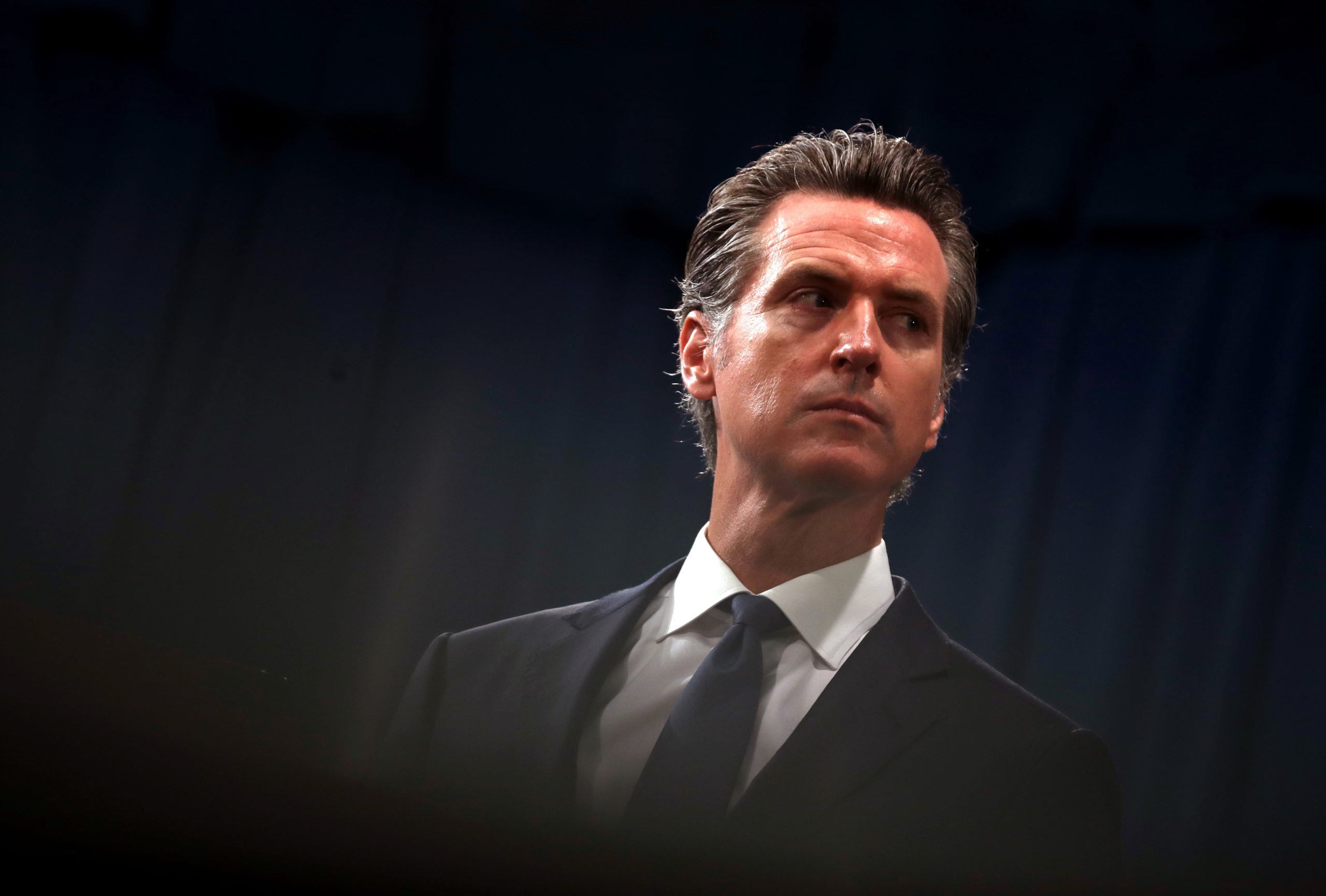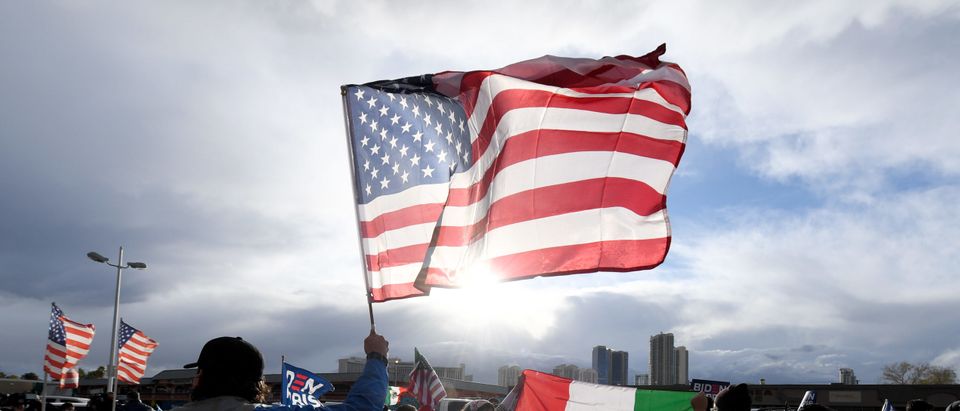An attorney claiming to represent “New California State” and “New Nevada State” filed a brief Friday in support of the Texas-led lawsuit seeking to invalidate the electoral votes of Pennsylvania, Michigan, Wisconsin and Georgia.
Republican Texas Attorney General Ken Paxton filed the suit, which has now been joined by 17 other states and the president himself, in the Supreme Court Tuesday to block Georgia, Pennsylvania, Michigan and Wisconsin from certifying their electoral votes because he argues that pandemic-era changes to election procedures within the states violated federal law and are unconstitutional.
Paxton argues the states used executive orders to change election processes, a sentiment expressed by the brief filed by “New California State” and “New Nevada State.”
“New California State and New Nevada State are directly impacted by the arbitrary and capricious changes in election laws and procedures occurring (sic) with unfortunate regularity in the current States of California and Nevada,” the brief, filed by Attorney Robert E. Thomas, reads, making up two new sub-states.
“Part of the reason for the formation of New California State and New Nevada State is to stop the lawless actions of Governors Newsom (California) and Sisolak (Nevada). An opinion by this Court affirming a national, uniform rule of law re-establishing the supremacy of The Electors Clause of…the Constitution will resolve some of the complaints causing the establishment of these new States,” the brief continued.
The brief alleges that “in the existing States of California and Nevada” there is a violation of the Equal Protection Clause of the Fourteenth Amendment, noting voters in both states received unsolicited mail-in ballots even though voters are supposed to request an absentee ballot.

SACRAMENTO, CALIFORNIA – AUGUST 16: California Gov. Gavin Newsom looks on during a news conference with California attorney General Xavier Becerra at the California State Capitol on August 16, 2019 in Sacramento, California. (Photo by Justin Sullivan/Getty Images)
Democratic California Gov. Gavin Newsom signed an executive order in May sending mail-in ballots to all registered California voters for the November elections due to coronavirus concerns. (RELATED: Hillary Clinton Says Republicans Who Back Trump’s Election Challenge ‘Have No Spines’)
The Republican National Committee, the National Republican Congressional Committee and the California Republican Party sued over the order, arguing the order would lead to fraud because the state could potentially mail ballots to inactive voters which “invites fraud, coercion, theft and otherwise illegitimate voting,” according to CNN.
Similarly, a federal judge in Nevada dismissed a suit in September filed by President Donald Trump’s reelection campaign that sought to overturn a mail-in voting law that also mandated all active voters in the state would be sent a mail-in ballot regardless of if they requested one.
The brief also argues that in Nevada ballots without postmarks were accepted after the election, creating confusion.
The same new Nevada law that mandated mass mail-in ballots be sent out also permitted late ballots without postmarks to be counted as valid.
The brief also argues that there was no uniform process among counties to handle absentee ballots, thus violating the Equal Protection Clause of the Fourteenth Amendment.
In Nevada, the new law only required at least one location in a county or city have a drop box for mail in ballots, which the Trump campaign had also argued violated the Equal Protections Clause because it would disenfranchise voters in rural areas.
The suit notes that if the Supreme Court rules in favor of the Texas-led suit, then it will settle legal debates taking place in California and Nevada over whether executive orders that overstepped state legislature authority were constitutional.
Judge Sarah H. Heckman of the Superior Court of California County of Sutter ruled Nov. 2 that Newsom’s June 3 executive order, which amended the number of available polling stations, among other things, was unconstitutional. However, Newsom has appealed the decision, prompting “New California State” and “New Nevada State” to file the brief in hopes a decision could settle the appeals case.


